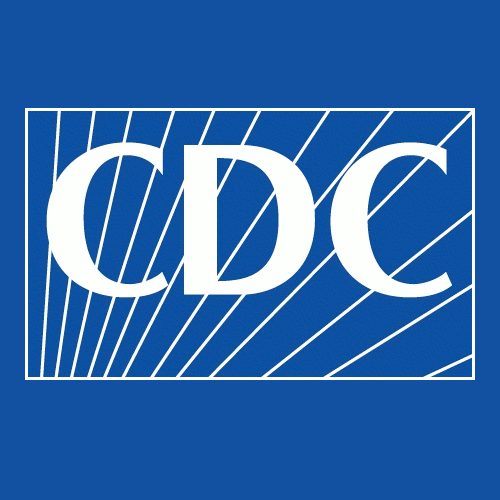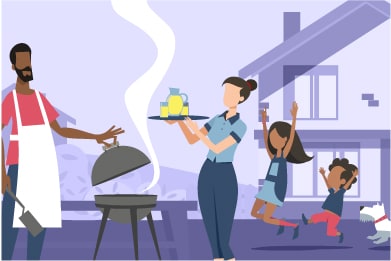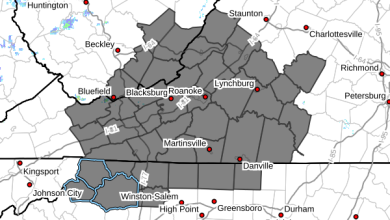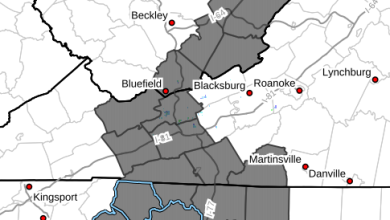
Last Updated on May 13, 2021 6:44 pm
The Center for Disease Control today (Thursday May 13, 2021) released new guidance for those that have been fully vaccinated for COVID-19. The new guidance is below.
Choosing Safer Activities

- If you are fully vaccinated, you can resume activities that you did prior to the pandemic.
- Fully vaccinated people can resume activities without wearing a mask or physically distancing, except where required by federal, state, local, tribal, or territorial laws, rules, and regulations, including local business and workplace guidance.
- If you haven’t been vaccinated yet, find a vaccine.
COVID-19 vaccines are effective at protecting you from getting sick. Based on what we know about COVID-19 vaccines, people who have been fully vaccinated can start to do some things that they had stopped doing because of the pandemic.
These recommendations can help you make decisions about daily activities after you are fully vaccinated. They are not intended for healthcare settings.
Have You Been Fully Vaccinated?
In general, people are considered fully vaccinated: ±
- 2 weeks after their second dose in a 2-dose series, such as the Pfizer or Moderna vaccines, or
- 2 weeks after a single-dose vaccine, such as Johnson & Johnson’s Janssen vaccine
If you don’t meet these requirements, regardless of your age, you are NOT fully vaccinated. Keep taking all precautions until you are fully vaccinated.
If you have a condition or are taking medications that weaken your immune system, you may NOT be fully protected even if you are fully vaccinated. Talk to your healthcare provider. Even after vaccination, you may need to continue taking all precautions.
What You Can Start to Do

If you’ve been fully vaccinated:
- You can resume activities that you did prior to the pandemic.
- You can resume activities without wearing a mask or staying 6 feet apart, except where required by federal, state, local, tribal, or territorial laws, rules, and regulations, including local business and workplace guidance.
- If you travel in the United States, you do not need to get tested before or after travel or self-quarantine after travel.
- You need to pay close attention to the situation at your international destination before traveling outside the United States.
- You do NOT need to get tested before leaving the United States unless your destination requires it.
- You still need to show a negative test result or documentation of recovery from COVID-19 before boarding an international flight to the United States.
- You should still get tested 3-5 days after international travel.
- You do NOT need to self-quarantine after arriving in the United States.
- If you’ve been around someone who has COVID-19, you do not need to stay away from others or get tested unless you have symptoms.
- However, if you live or work in a correctional or detention facility or a homeless shelter and are around someone who has COVID-19, you should still get tested, even if you don’t have symptoms.
What You Should Keep Doing

For now, if you’ve been fully vaccinated:
- You will still need to follow guidance at your workplace and local businesses.
- If you travel, you should still take steps to protect yourself and others. You will still be required to wear a mask on planes, buses, trains, and other forms of public transportation traveling into, within, or out of the United States, and in U.S. transportation hubs such as airports and stations. Fully vaccinated international travelers arriving in the United States are still required to get tested within 3 days of their flight (or show documentation of recovery from COVID-19 in the past 3 months) and should still get tested 3-5 days after their trip.
- You should still watch out for symptoms of COVID-19, especially if you’ve been around someone who is sick. If you have symptoms of COVID-19, you should get tested and stay home and away from others.
- People who have a condition or are taking medications that weaken the immune system, should talk to their healthcare provider to discuss their activities. They may need to keep taking all precautions to prevent COVID-19.
What We Know
- COVID-19 vaccines are effective at preventing COVID-19 disease, especially severe illness and death.
- COVID-19 vaccines reduce the risk of people spreading COVID-19.
What We’re Still Learning
- How effective the vaccines are against variants of the virus that causes COVID-19. Early data show the vaccines may work against some variants but could be less effective against others.
- How well the vaccines protect people with weakened immune systems, including people who take immunosuppressive medications.
- How long COVID-19 vaccines can protect people.
As we know more, CDC will continue to update our recommendations for both vaccinated and unvaccinated people.
Want to learn more about these recommendations? Read our expanded Interim Public Health Recommendations for Fully Vaccinated People.± This guidance applies to COVID-19 vaccines currently authorized for emergency use by the U.S. Food and Drug Administration: Pfizer-BioNTech, Moderna, and Johnson and Johnson (J&J)/Janssen COVID-19 vaccines. This guidance can also be applied to COVID-19 vaccines that have been authorized for emergency use by the World Health Organization (e.g. AstraZeneca/Oxford).
















